
More than just a body of knowledge, philosophy is a compass we use to navigate our lives and sensitize our minds to the deeper truths beyond the surface of everyday life. At its essence, philosophy offers a prescription on how to live better. It gives us the perspective to seek meaningful and worthy pursuits that we bring to fruition with science and technology. Fortunately, we don’t need to reinvent the philosophy wheel – there’s a treasure trove of ancient teachings from influential philosophers that we can refer to and apply to our daily lives. (Estimated reading time: 8-9 minutes)
“Philosophy is the science of truth.”
— Aristotle
At a time when science and technology shape our understanding of ourselves and the world, it’s easy to dismiss philosophy as irrelevant – a relic of the past.
While society is very different today from when ancient philosophers first formulated their thoughts, the questions we deal with today are just as complex. Philosophy helps us find answers to those questions by encouraging us to think critically.
Science, just like every other field, has its limitations. While advancements have improved our lives significantly, they can’t offer us guidance on intangible and subjective aspects of living, such as human values and morality. For that, we require a different framework.
At its essence, philosophy offers a prescription on how to live better. It gives us the perspective to seek meaningful and worthy pursuits that we bring into fruition through science and technology.
The late astrophysicist Stephen Hawking said that philosophy is dead, but this couldn’t be further from the truth. Philosophy is not obsolete. It’s very much alive and a much-needed counterpart for science.
When a physicist presents a new mathematical model that predicts the behavior of matter, a philosopher can help them get to the core of the finding by asking questions like, “What can this tell us about the intrinsic nature of matter?” “Why does this matter exist in the first place?”
Fortunately, we don’t need to reinvent the philosophy wheel – there’s a treasure trove of ancient teachings to which we can refer. Those teachings can then be applied to our daily lives and to everything else in our reality.
Understanding philosophy: more than the dry works of dead white men
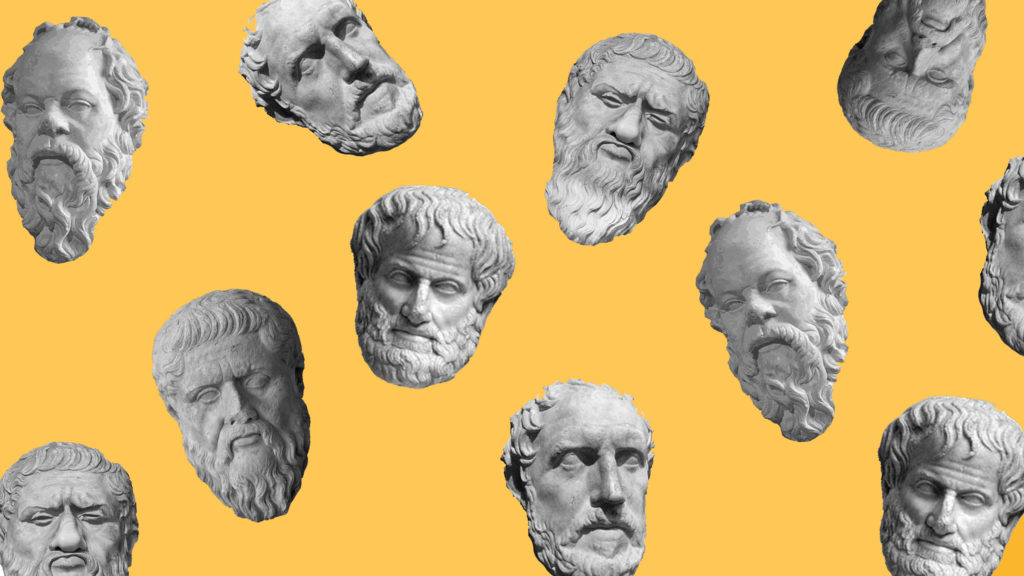
Philosophy comes from the Greek word “Philosophia,” composed of two parts: “Philos” (love) and ”Sophia” (wisdom). Literally, it means “love of wisdom”.
Philosophy can take on different meanings depending on context. As an academic discipline, it’s about engaging and answering some of life’s most fundamental questions. To create structure, academic philosophy is divided into several focused areas of study.
Outside academia, philosophy is simply a state of inquiry – a reflective stance to understand fundamental truths about the human condition. This traditionally focuses on consciousness, knowledge, language, society, the nature of existence, and more.
We ask questions like: What’s the purpose of life? What happens when we die? What is the nature of consciousness? What’s the nature of reality? What’s the right thing to do? Is there a God?
As meaning-making and meaning-seeking creatures, we’re compelled to ask the big questions that are the heart of the human condition. It enables us to make sense of the world we live in and our relationship with it. It contextualizes our existence and place in the Universe.
We can even philosophize about daily concerns like what to have for lunch or if we should pursue a particular career path. In fact, anytime we weigh up arguments using our rational mind, we are stepping into the waters of philosophy.
As philosopher Wilfred Sellars said, “the aim of philosophy is to understand how things in the broadest possible sense of the term hang together in the broadest possible sense of the term.”
More than just a body of knowledge, philosophy is a compass we use to navigate our lives. It’s the secret tool only the wisest use to sensitize their minds to the deeper truths beyond the surface of everyday life. It’s where they can confront the neglected parts of themselves. When done right, philosophy becomes a form of therapy that makes us face reality with its tough love.
Branches of philosophy: different lens to view life
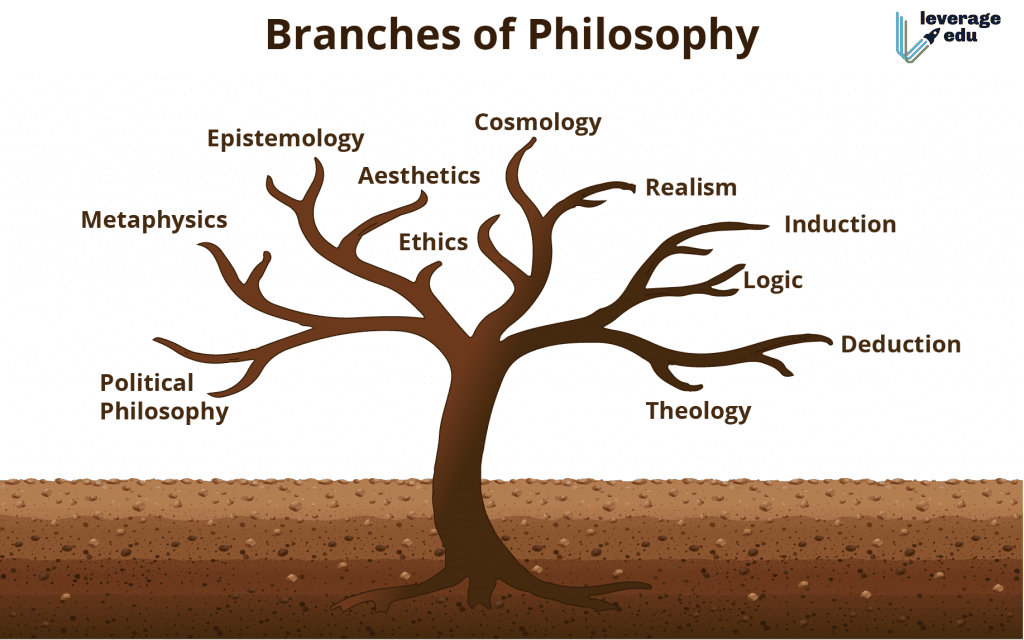
To understand the foundations of philosophy, it’s important to get a birds-eye view of all its main branches. These are the most common areas of philosophy that have triggered the curiosity of humanity for years:
- Metaphysics: Examination of the fundamental nature of reality
- Axiology: Study of principles and values
- Aesthetics: Study of beauty and taste
- Epistemology: Study of how people come to learn what they know from the four bases of knowledge: experience, revelation, logic and reason, and intuition
- Ethics philosophy: Study of morality and what is right and wrong, as well as how it affects behavior
- Political philosophy: Inquiry into questions about the nature and legitimacy of governments, public agents, and institutions.
- Logic philosophy: Study of the nature and types of logic, including deductive and inductive.
This is a basic model, and each branch has several sub-branches. For simplicity and to avoid presenting you with dry academic concepts with no practical application, I’ve chosen to focus on a few embedded in the teachings of the ancient philosophers I’ll mention later in this post.
The unexamined life is not worth living: making a case for philosophy
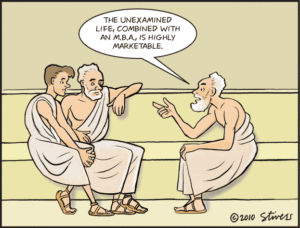
In our digital world, our minds are saturated with information. From social media to an endless stream of news, it’s hard to find the time to get into the right frame of mind to probe deep into life’s mysteries and create an outlook enriched with the various hues of human consciousness.
Our lives are finite, and the more we’re able to break away from distractions that chip away at our time, the more we can engage in reflective activities that maximize our time.
Instead of constantly checking our newsfeeds and troubleshooting at work, we can step away from the hustle and bustle to ask ourselves valuable questions like What lights us up? How can we best spend our time? What makes our lives worth living?
Most of our uncertainties and worries result from a mind engaged in empty pursuits and not taking the time to take a philosophical approach to our problems. We neglect to ask the right questions that can incite and attract the answers we need to move in the best way.
Asking the right questions is often one of the hardest things to do. As German mathematician Georg Cantor once said, “To ask the right question is harder than to answer it.” A philosophical framework can assist us in asking the right questions.
Tapping into the enduring wisdom of philosophy is an effective way to face up to the anxieties that often keep us up at night. It’s the antidote that can calm any fears we have, existential or otherwise. By delving into the teachings of the great thinkers from history, we’ll be empowered to think for ourselves using the foundations they laid down with their ideas and insights.
Influential philosophers not only enrich on a personal level but also on a macro. For instance, China’s current government has modeled based on the ethos of ”Confucius’ rhetoric, like obedience to the emperor, hierarchy, and loyalty. Ancient Greek political philosophy inspires the democratic ethics that are at the heart of the U.S. government.
While there are legions of great philosophers from different eras who contributed to molding our society as we know it, these ten are credited as being some of the most influential:
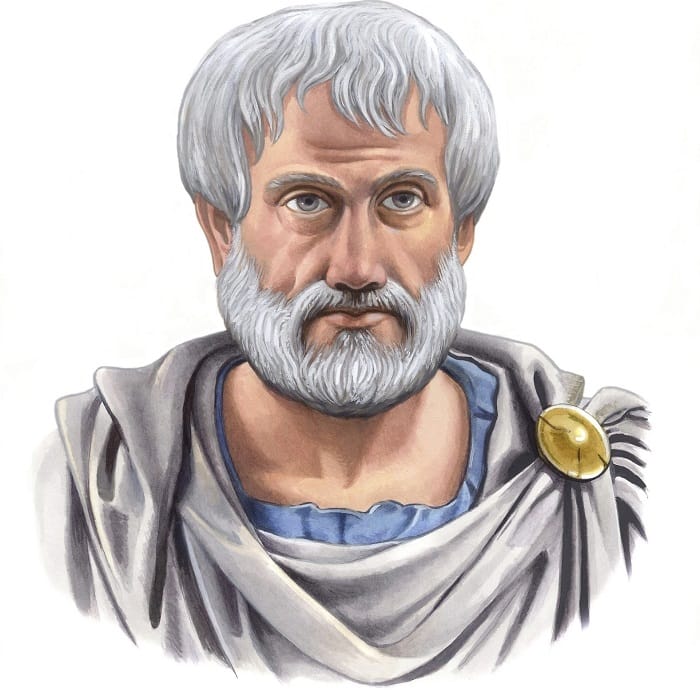
1. Aristotle – “Knowing yourself is the beginning of wisdom.”
Aristotle is often called the father of Western philosophy because of his significant and prolific contributions. Born in Greece in the 4th century BC, his ideas and writings on ethics, metaphysics, the scientific method, knowledge, and methodological inquiry are at the root of human thought and continue to be a subject of philosophical discussion. A creative polymath and an imaginative writer, he re-wrote theories and concepts in any area of knowledge he encountered.
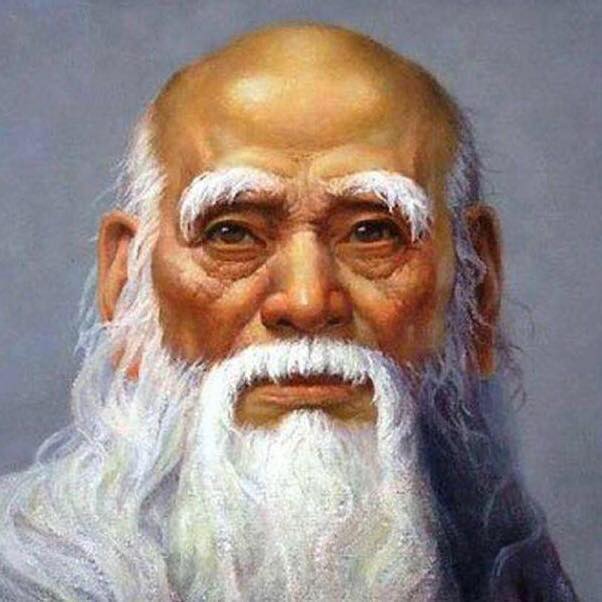
2. Lao Tzu – “Nature does not hurry, yet everything is accomplished.”
Chinese philosopher Lao Tzu, who lived between the 6th and 4th centuries BC, was the founder of Taoism. Alongside Buddha and Confucius, his ideas and writings are seen as one of the major pillars of Eastern thought. He was the author of the Tao Te Ching, a classic Chinese text that translates as “the way of integrity.” The book guides people on how to live in the world with integrity and goodness by being free from desires and embracing a natural life in harmony with the Dao, an ethical and moral path.

3. Plato – “Wise men talk because they have something to say; fools, because they have to say something.”
Widely known as a student of Socrates, Plato created a name for himself through his relentless interpretation of philosophy based on human reasoning. He dialect and dialogic forms of writing to examine several areas of thought and was one of the first to articulate the purpose of philosophy and how it can be applied to science. He created new frameworks to consider questions around ethics, science, mathematics, politics, and theology.
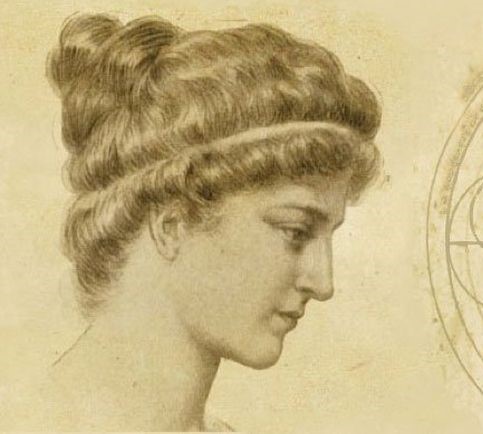
4. Hypatia – “Reserve your right to think, for even to think wrongly is better than not to think at all.”
Hypatia was a Greek mathematician and astronomer who dedicated her life to the service of learning and knowledge. She was a lecturer and teacher whose contributions to astronomy, number theory, and philosophy earned her high regard as a scholar. Her philosophy was Neoplatonist which alluded to an underlying reality that was partially accessible through the human power of abstraction in Platonic forms such as beauty and truth. In other words, happiness could be achieved through philosophical contemplation without waiting for an afterlife.
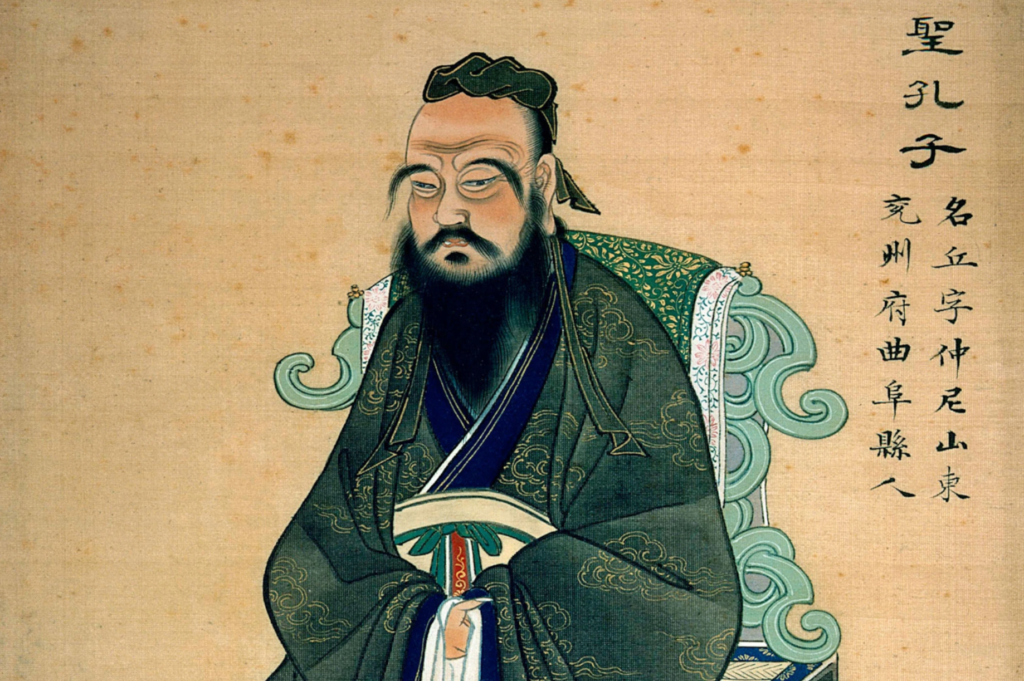
5. Confucius – “Our greatest glory is not in never falling, but in rising every time we fall.”
Confucius is one of the giants in Eastern philosophy who emphasized the importance of mortality, family, and social harmony. Throughout Chinese history, his teaching continued to influence Eastern legal customs and led to the emergence of a scholarly ruling class. As a writer, teacher and philosopher, his humanistic values and theological ideas shaped the foundational philosophy of Chinese and Asian attitudes around legal, scholarly and professional aspirations.
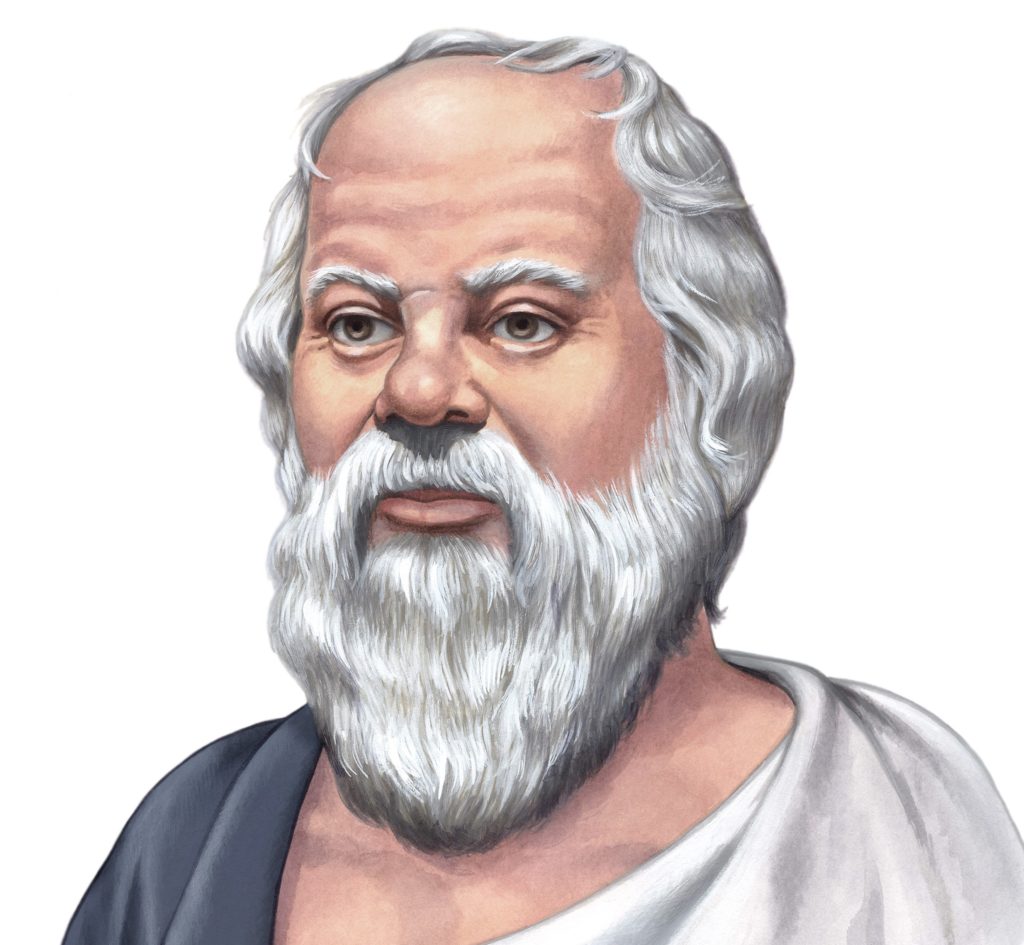
6. Socrates – “Education is the kindling of a flame, not the filling of a vessel.”
The last of the “big three” ancient Greek philosophers, Socrates, is often credited as one of the founders of Western philosophy and one of the first philosophers of Western ethical tradition of thought. He is best known as a teacher of insight and is widely recognized for his Socratic approach to education. Still relevant today, it involves using discourse and questioning to encourage open dialogue on complex subjects and guide students to their own insights.
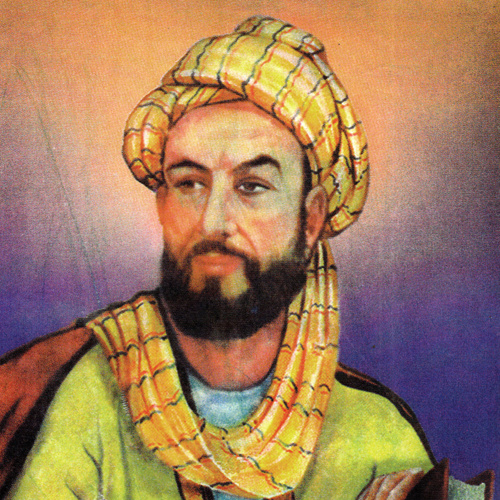
7. Ibn Sina/Avicenna – “Width of life is more important than the length of life.”
Ibn Sina, better known by his Latinized name “Avicenna,” was a Persian polymath regarded as one the most influential philosopher-scientists of the Islamic Golden Age. His book, Kitāb al-shifā,ʾ (Book of the Cure) is a comprehensive scientific and philosophical encyclopedia and Al-Qānūn fī al-ṭibb (The Canon of Medicine). This medical encyclopedia became a standard medical text at many universities that remained in use as late as 1650. Avicenna’s work included writing in astronomy, psychology, geography, mathematics, and poetry.
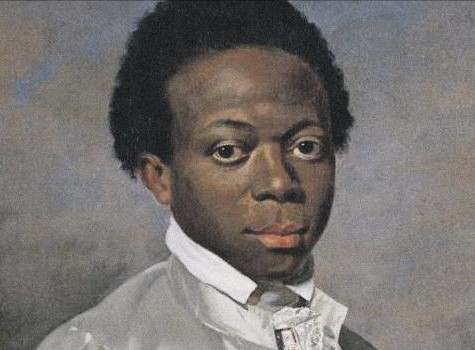
8. Anton Wilhelm Amo – “Everything that lives necessarily senses; everything that senses necessarily lives.”
Anton Wilhelm Amo was a legal scholar and natural philosopher born in West Africa, most notable for being the first African philosopher who earned a Ph.D. and worked in Europe. Enslaved and gifted to Duke of Braunschweig-Wolfenbüttel, he went on to earn his degree and teach philosophy at the Universities of Halle and Jena. Amo’s philosophical interest is focused on the view of the mind – more specifically, how sensation restricts what we can understand about the relationship between mind and body, and the possibility of sense-based cognition.

9. Friedrich Wilhelm Nietzsche – “One must still have chaos in oneself to be able to give birth to a dancing star.”
Nietzsche was a German philosopher, cultural critic, poet, and composer who lived in the 19th century and profoundly influenced modern intellectual history. He rivaled Aristotle for his prolific writing on various subjects, from religion, history, art, science, culture, and Greek and Roman tragedies. He tapped into these subjects to examine truths; how social constructs impact our moral values. Nietzsche is also known for writings around nihilism which states that there is no structure or objective in the world except what we give it.
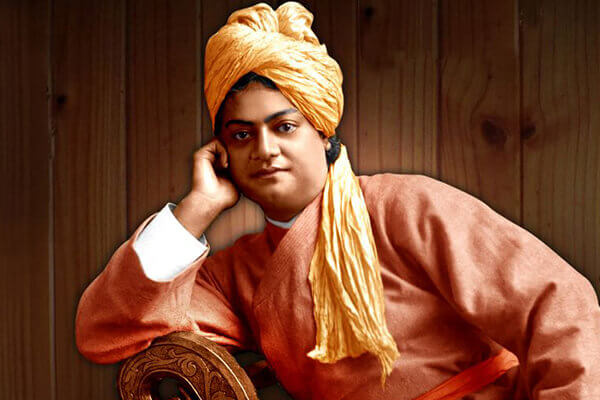
10. Swami Vivekananda – “The world is the great gymnasium where we come to make ourselves strong.”
Swami Vivekananda was an Indian Hindu monk who was influenced by Western esotericism. He is known as a key figure in introducing Indian practices and teachings of Vedanta and Yoga to the Western world. He taught about the importance of patience, courage, and purity when it comes to attaining success. He said, “faith in ourselves and faith in God – this is the secret of greatness.” He also suggested that serving humanity at large was the pathway to gain perspective on religion and God. He believed that there is divinity in everyone and that we can access that part of ourselves.
If any of these philosophers’ disciplines and teachings has sparked your interest, consider diving deeper and trying them on for size. You’ll find a wealth of varied, multidimensional perspectives that you can take on to enrich your personal reality and elevate your thinking to higher ways of being in the world.
All my best on your journey,
Seline

Question for you: Who are your favorite philosophers? Why do you resonate with their teachings, and how do you apply them in your ways of thinking and being in the world?
Did you like this post? Sign up below, and I’ll send you more awesome posts like this every week.

Have Your Say